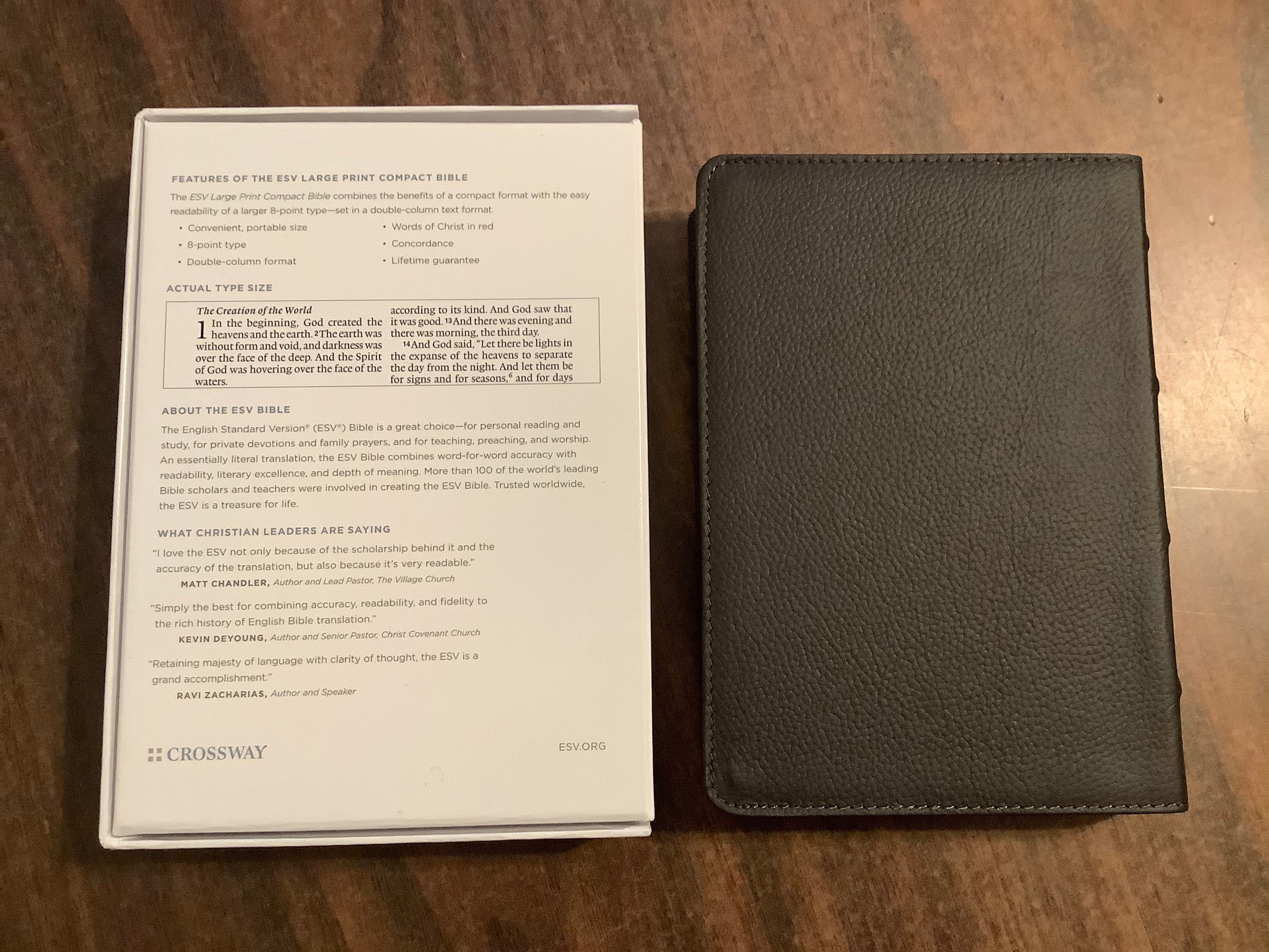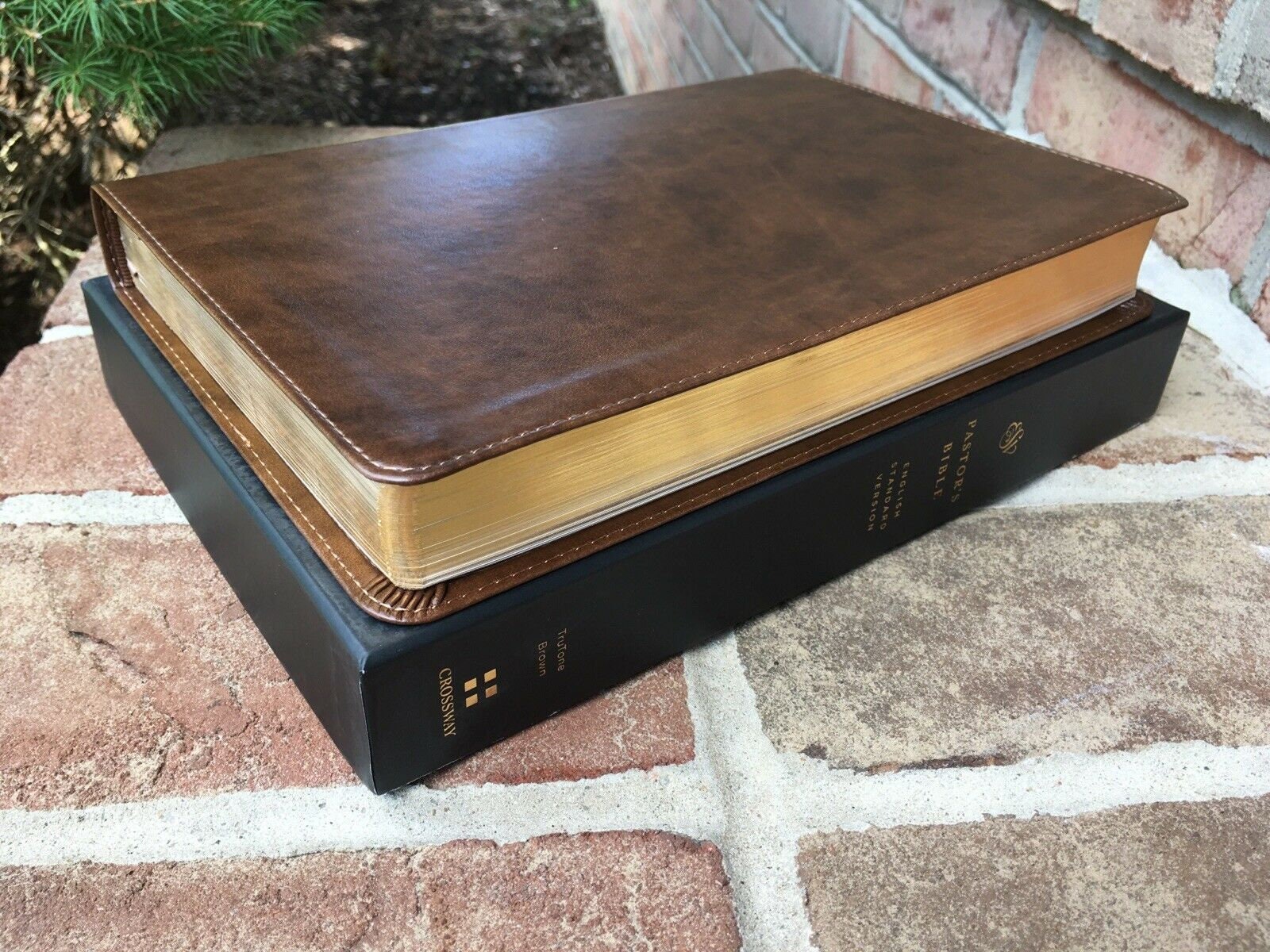


More than that, in Colossians 3:3 (ESV), Paul tells us that our identity is hidden in Christ: “For you died, and your life is now hidden with Christ in God.” Even the things we think we know about ourselves are limited. We are not defined by the stories that we tell about ourselves but by God’s story and his placing of our identity as being in Christ. Our identity is found and held in Christ. There is neither Jew nor Greek, there is neither slave nor free, there is no male and female, for you are all one in Christ Jesus.” For as many of you as were baptized into Christ have put on Christ. In Galatians 3:26-28 (ESV), Paul says: “for in Christ Jesus you are all sons of God, through faith. From a biblical perspective, we are who we are not because of what we do or do not do or what we can or cannot remember. Is our identity really so fragile?įrom a theological perspective, we encounter quite a different understanding of what makes me me. By the time you got to the bottom of the stairs you would be a different person from the person you were at the top of the stairs. Imagine if you fell down a flight of stairs and seriously damaged your brain and lost your memories. This is a very fragile perspective on identity. When this happens, people assume that we have lost our identity: “we are not the person we used to be.” The underlying assumption is that we are our memories, and if we cease to remember certain things, we somehow disappear. Problems arise when we have forgotten our story and the stories of others. We are the stories that we tell about ourselves. The assumption is that the person’s identity is autobiographical (to do with telling of their own story). We come to know the person primarily in relation to the stories that they tell about themselves and others. Once these questions are answered, we assume that we know, to an extent, who the person is. When we are trying to get to know someone, we often begin by asking questions about who they are, what they do, where they have been, and what kind of plans they might have for the future. How can I be me when I have forgotten who I am? Many of us within Western cultures at least, tend to construct our identities in ways that are particularly problematic for people with dementia.


The complexity becomes even greater when we encounter the kinds of challenges that come with the experience of dementia.
#Brown leather esv bible portable
Kent Hughes and Douglas Sean O’Donnell, this substantial but portable edition is a great all-in-one resource for the on-the-ground pastor.The question of identity-what makes me me-is complex and challenging. Compiled under the guidance of seasoned pastors R. In the front, back, and throughout the text, the Pastor's Bible contains articles written by pastors offering practical help for crafting a sermon, planning a special service, leading congregational prayer, conducting premarital counseling, visiting the sick, and resolving conflict within the church. What truths can be relied upon in seasons of celebration and in those of sorrow? What does the Bible have to say to us about marriage, sickness, and death? The ESV Pastor’s Bible was designed to help pastors draw wisdom from God's Word for specific situations requiring pastoral care, such as baptisms, weddings, hospital visits, or funerals. ESV Pastor's Bible, Brown TruTone Leather and published by Crossway.Ī pastor depends on the wisdom of Scripture for all aspects of ministry.


 0 kommentar(er)
0 kommentar(er)
